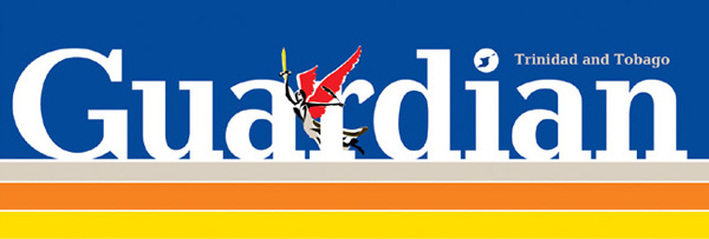Some may be aghast, while on the other side there are no doubt some who think the situation is as it should be. The moral argument is an easy one to make—in a region where over half the population is female that not one woman is represented as the head of a faculty at our premier intellectual institution is unfair. And there are other more pragmatic points that can be raised than the moral.
For example, such a situation reinforces the authority of men and impedes non-masculine behaviour and viewpoints. Power is a structural phenomenon. Its structure shapes what we do and how we see the world. We all soak power up culturally. We are socialised into its worldview and in reproducing our daily lives, relations and ideas, we reproduce power’s codes and social systems. Power likes to remain hidden and doesn’t like to be questioned.
In anthropology, however, our job is to question power and critique how it works. Hence, a list of 16 men and no women soon becomes cultural evidence of how power is at work in wider local society. Some people hate the word “patriarchy.” It makes them run a mile. Even worse to such people is the word “feminism.” For some it is a synonym for male bashing. Patriarchy is the power of the social structure to keep one group—men—in positions of power over another group—women.
Yet patriarchy does not have to be some vast conspiracy by Dr Evil and his male cronies sitting in a room plotting against women to keep them down—it could be, but I’m hoping it’s not. Patriarchy can be subtle, unintended and normalised. In other words, it can happen even when people don’t realise their decision-making is exclusionary. The reality of the world and its many cultures is that men and women often experience the world differently.
In anthropology classes students learn that genders are socially-constructed behavioural roles and that gender is a performed identity. Don’t worry, your sex as male or female is a biological fact and safe, that is, it is the same in any culture; it is our gender roles as a “man” or a “woman” that are performed and respected differently across cultures.
None of this means that gender isn’t real—that people do not have to confront how their male or female identity affects their relationship and experience of the world. Nor does it mean that one gender is better than the other, or that we all have a fixed male or female identity. Rather it means that human difference and diversity is normal and essential to the world; as it should be to UWI and our other social and political institutions.
One argument surrounding improved equality between men and women in our local society is that we now have a female Prime Minister. Yes, this is a signal of change within the cultural norms of our society. It had never happened before so something has changed. Yet using the Prime Minister as evidence of structural change falls into the same trap of using President Obama to claim the US is a post-racial society. It just isn’t true.
Thinking about the gender imbalance in faculty deans at UWI is one way to think about progress in our region. If the organisation of power in our society has not changed greatly and is still centred on the authority of men, then who is progress for? But let us put it another way: would it upset people if all the faculty deans at UWI were white or foreign or both?
Would we let that one slide? Why is gender imbalance different? In the selection of positions of guidance in our society we need a mechanism for ensuring male bias and power are truly challenged and the demographic reality of our society is reflected. Such a mechanism will have lasting benefits to our society well beyond UWI.
http://guardian.co.tt/columnist/2012-08-20/power-men

 RSS Feed
RSS Feed